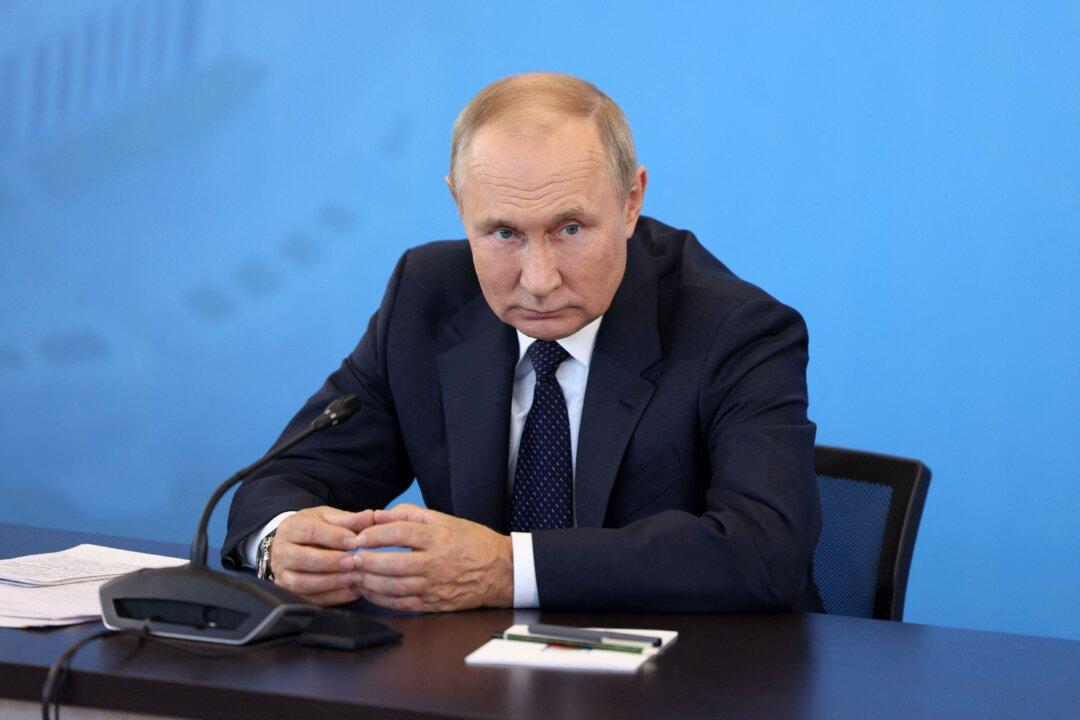Russian President Vladimir Putin ordered the partial mobilization of the Russian army on Sept. 21, the first military call-up of its kind since World War II.
The announcement comes less than 24 hours after pro-Russian leaders in four Ukrainian provinces announced plans to hold referendums on leaving Ukraine to join the Russian Federation.





